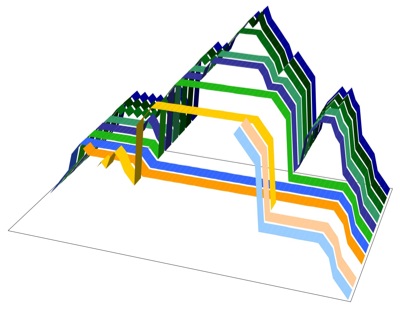7 July 2005 to 21 June 2005


Tokyo Metro, Tsukiji to Omote-Sando

Tokyu Hands, Shibuya
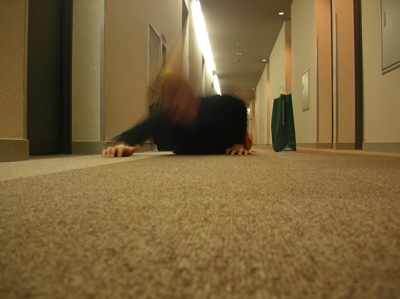
Nishi Shinjuku Hotel, Shinjuku

Tokyo Metro, Asakusa to Shinjuku

Mori Center 50F, Roppongi Hills

Mori Center 52F, Roppongi Hills
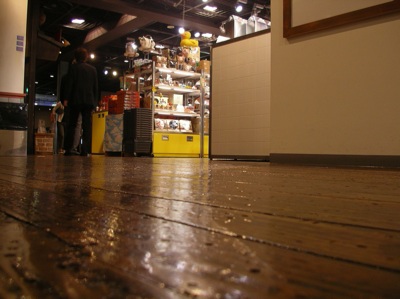
Shin-Yokohama Ramen Museum, Shin-Yokohama

Pronto, Shinjuku

Pura Dalem Agung, Ubud

Segara Giri Kencana, Menjangan Island

Taman Sari, Pemuteran

Delta Dewata supermarket, Ubud

Ngurah Rai Airport, Denpasar

shinkansen platform, Shinagawa

Hikari shinkansen, Shinagawa to Kyoto
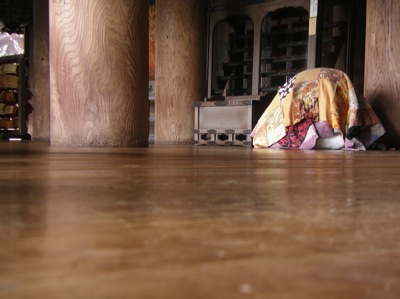
Kiyomizu-dera, Kyoto
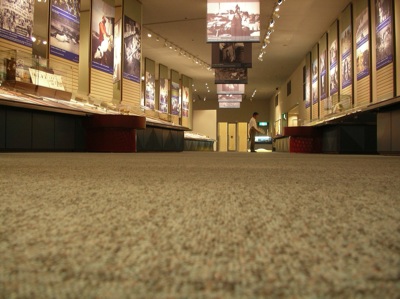
Kyoto Museum for World Peace, Ritsumeikan University, Kyoto

Ryoanji, Kyoto

OPA department store, Kyoto

Shinagawa station, Tokyo


toro and hamachi, Daiwa Sushi, Tsukiji

breakfast hotdog, Presto, East Shinjuku
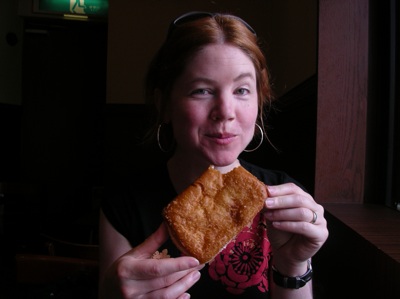
unidentified pastry, Presto, East Shinjuku

takoyaki, sidewalk cart, Ueno Park

Japan half-and-half, Bar Del Sole, Roppongi

bi bim bap and bulgogi, Saikabo, Shinjuku My City

ramen, Komurasaki, Shin-Yokohama Ramen Museum

lukewarm soup, unnamed warung, Candi Kuning

banana fritter, Ngiring Ngawedang, Munduk

palm-sugar crepes, Taman Sari, Pemuteran

Pocari Sweat, boat off Menjangan Island

nasi goreng ananda, Ananda, Candi Kuning

random ekiben #1, Shinagawa

random ekiben #2, Shinagawa

ramen, near Kinkakuji, Kyoto

tea spigot, Musashi kaitenzushi, Kyoto
¶ 30 June 2005
Zapruder Point: The O.M. (0.9M mp3)
from It's Always the Quiet Ones
I loaded the CD-changer in my car before the trip, so interspersed with all the new Japanese pop and trip-photo sorting and back-at-work denial and willful continuing other-cultural immersion, I've been hearing a few records I was pondering before I left. I'm dancing around to ultra-produced big-corporate techno-pop in a language I only sporadically understand and even less often actually empathize with, but I'm also standing still, humming small, wistful, under-produced, uncalculated reasons for being home to feel right.
from It's Always the Quiet Ones
I loaded the CD-changer in my car before the trip, so interspersed with all the new Japanese pop and trip-photo sorting and back-at-work denial and willful continuing other-cultural immersion, I've been hearing a few records I was pondering before I left. I'm dancing around to ultra-produced big-corporate techno-pop in a language I only sporadically understand and even less often actually empathize with, but I'm also standing still, humming small, wistful, under-produced, uncalculated reasons for being home to feel right.
¶ our trip as a movement of objects · 26 June 2005
¶ telegram from the future · 26 June 2005
It is 12:14am on Sunday in Cambridge, Massachusetts, USA. About 30 hours ago it was 7am on Saturday in Kyoto, Japan, so after two buses, two trains, two planes and too many benches to count B and I are well into Sunday afternoon. Time-travel is possible, but you end up far too tired to think of any clever way to exploit it. We're going to sleep now, and tomorrow it will finally be today again.
¶ telegram from Kyoto · 23 June 2005
If I had 1001 40-armed guardians watching over me I'd probably be more Zen, too.
¶ telegram from Ubud · 21 June 2005
From being anomalous and anonymous, we have gone to being obvious and implored. Bali is both stunning and desperate in nearly every frame. "Will you come back to Bali?" is the fourth question everyone asks us, and we've barely even arrived. Tropical aquariums are now ruined for me, wider roads now enchanted. An oceanside palace for 4 in Pemuteran costs more than a bed-size room in Shinjuku, but only by about $4. Which is about 50 cents for each form in which I ate bananas.
The geckos and B and I all send our love.
The geckos and B and I all send our love.















